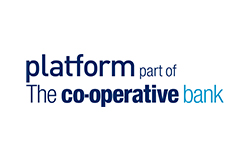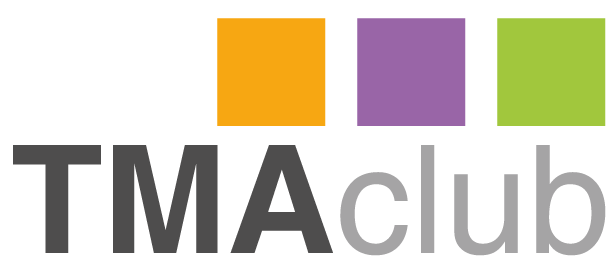
Know Economic Abuse
By Brad Rhodes, Corporate Account Manager, Platform

Campaigning for what’s right
Our values and ethics have always been more than words on paper. They underpin how we run our business. The Co-operative Bank remains the only UK bank to have a customer-led Ethical Policy and we have a proud history of campaigning on issues we know our customers care about.
When we extended our Ethical Policy in 2015, our customers told us that they wanted to see The Bank return to campaigning, to address issues and causes where we can make a difference. That same year we launched our joint ‘My money, my life’ campaign with national domestic abuse charity, Refuge, and reported the scale of financial abuse (a type of economic abuse) for the very first time.
Our work with Refuge led to the launch of an industry-wide Financial Abuse Code of Practice in 2018, which aims to provide survivors of economic abuse with better and more consistent support from across the banking and financial sector. To date, 19 banks and building societies have signed up to the initiative. Together, we have made a real difference, but we still have more work to do.
The way people bank has also changed significantly in the last 5 years and this has had an impact on survivors of economic abuse. According to the Office for National Statistics, online banking has increased by a quarter. However, 24% of respondents said they thought online banking had made them more vulnerable, where as 15% of people said that online banking has actually helped them escape from their abusive partner.
Economic abuse in 2020:
We are proud of the changes brought about by our ‘My money, my life’ campaign, but we also know a lot has changed in the last five years. We have again partnered with Refuge to conduct a new study into the extent of economic abuse in the UK in 2020, and the impact of the coronavirus pandemic on this issue, with our ‘Know Economic Abuse’ campaign.
The key findings
- 16% of adults in the UK (8.7 million people) say that they have experienced economic abuse
- 39% of UK adults have experienced behaviours which suggest they have experienced economic abuse, but they didn’t recognise it as such
- 10% of those who have experienced abuse (nearly a million people) say that abuse is currently ongoing
- 85% of people who experienced economic abuse also experienced other forms of domestic abuse
- Following economic abuse, one in five survivors (21%) have debts which they feel unable to repay
- For 3% of all UK adults (1.6 million people) the economic abuse started during the coronavirus pandemic
- For more than one in three (35%) of those who first experienced economic abuse during the coronavirus pandemic, their partner first became abusive when their pay decreased as a result of the lockdown
- A third of survivors suffer in silence, telling no one about the economic abuse they are experiencing
- 57% of those who had experienced economic abuse said that they were in or had been in debt because of economic abuse
The way people bank has also changed significantly in the last 5 years and this has had an impact on survivors of economic abuse. According to the Office for National Statistics, online banking has increased by a quarter. However, 24% of respondents said they thought online banking had made them more vulnerable, where as 15% of people said that online banking has actually helped them escape from their abusive partner.
What are Platform campaigning for?
The Co-operative Bank and Refuge have formed a ‘five point plan of action’ to increase the support available for those who are experiencing economic abuse or have experienced economic abuse in the past, and to help prevent economic abuse from happening. We will work with the banking industry as well as credit reference agencies to become more involved in supporting survivors of economic abuse. The action plan recommends that:
1. Banks and other financial services institutions to build on the support they offer to survivors of economic abuse by:
-
- The creation of clear processes for customers who are in debt as a result of economic abuse to inform the bank of their circumstances, be supported by well-trained staff and have that debt burden reduced wherever possible.
- The provision of information about economic abuse and where customers can seek help when customers apply for joint financial products.
2. Credit reference agencies to take a greater role, protecting survivors of economic abuse through the creation of a preferential ‘credit rating repair’ system. This would then be implemented by both banks and credit reference agencies.
3. The creation of a cross-government fund for survivors to assist them with the costs of leaving a perpetrator and accessing a safe place to stay.
4. Reform of welfare benefits systems to benefit survivors and current victims of economic abuse. This should include:
-
- Automatic separate payments of Universal Credit.
- Universal Credit advances for those fleeing abusive partners, paid as grants rather than loans.
5. Banks, other financial services institutions and specialist domestic abuse organisations to conduct a review of the impact of online and digital banking on survivors of economic abuse and produce recommendations for change in 2021.
Know economic abuse.
We have again partnered with Refuge to conduct a new study into the extent of economic abuse in the UK in 2020 with our ‘Know Economic Abuse’ campaign.
What do I need to look out for?
Economic abuse can take many forms. It could be happening to you or someone you know, but support is available. Learn more about the signs to look out for.





